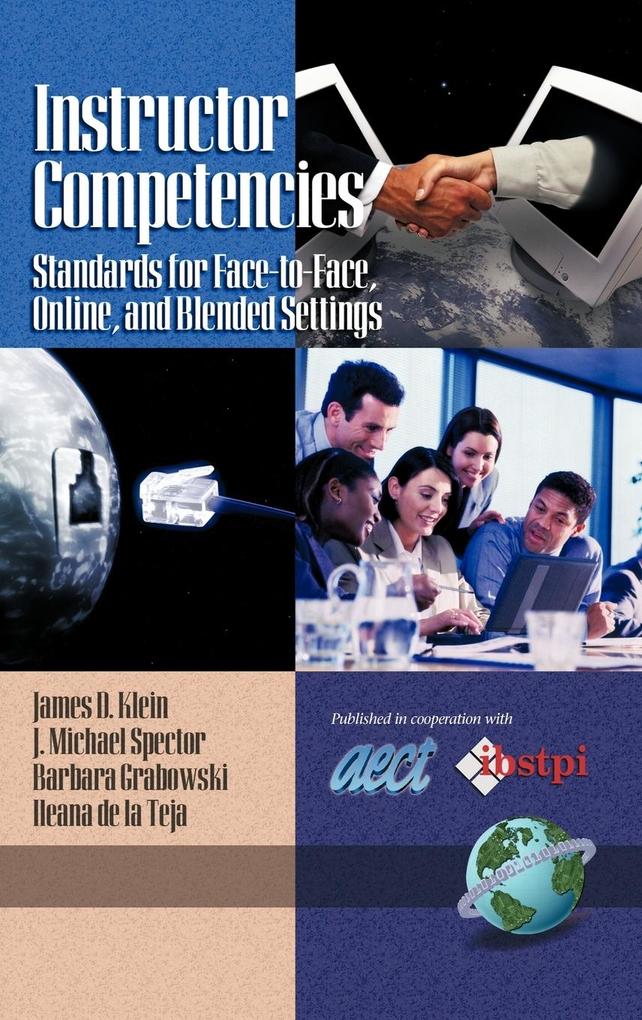
Zustellung: Di, 22.07. - Fr, 25.07.
Versand in 7 Tagen
VersandkostenfreiBestellen & in Filiale abholen:
This edition offers a fresh perspective on training and development, human resource development, and workplace learning and performance. It includes online and blended settings, aligning with the ASTD competency study. The ibstpi instructor competencies focus on improving performance through planned and unplanned learning interventions.
Inhaltsverzeichnis
Dedication. The ibstpi Board. Acknowledgements. Author Biographical Sketches. Foreword. Preface. Chapter 1: An Introduction to Instructor Competencies Overview. The Evolution of Instructor Competence. Traditional Conceptualizations of Instruction. New Learning Paradigms. New Educational Technologies. New Roles and Settings for Instructors. Face-to Face Settings. Online Settings. Blended Settings. Conclusion. Chapter 2: The ibstpi Competency Development Model. Overview. What is a Competency?. The Competency Development Model. Applying the Model to Instructor Competencies. Conclusion. Chapter 3: The ibstpi Instructor Competencies. Chapter 4: Instructor Competencies: Discussion and Rationale. Overview. Professional Foundations. Planning and Preparation, Instructional Methods and Strategies, Assessment and Evaluation, Management. Conclusion. Chapter 5: The Uses of the ibstpi Instructor Competencies. Overview. Individual Uses. Organizational Uses. Instructor Competencies and Certification. Conclusion. Chapter 6; Competency Validation Study. Overview. Foundation of the ibstpi Instructor Competencies. Worldwide Validation Study. Conclusion. Epilogue. References. Appendices. A. The 1993 ibstpi Instructor Competencies and Performance Statements. B. The ibstpi Code of Ethics for Instructors. C. Additional Resources for Instructors. D. Glossary of Terms. Index.
Produktdetails
Erscheinungsdatum
05. September 2000
Sprache
englisch
Auflage
Rev
Seitenanzahl
164
Herausgegeben von
Barbara Grabowski, James D. Klein, J. Michael Spector
Verlag/Hersteller
Produktart
gebunden
Gewicht
417 g
Größe (L/B/H)
240/161/14 mm
ISBN
9781593112370
Entdecken Sie mehr
Bewertungen
0 Bewertungen
Es wurden noch keine Bewertungen abgegeben. Schreiben Sie die erste Bewertung zu "Instructor Competencies" und helfen Sie damit anderen bei der Kaufentscheidung.










